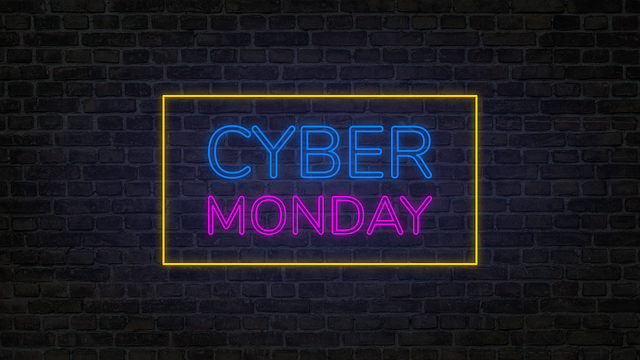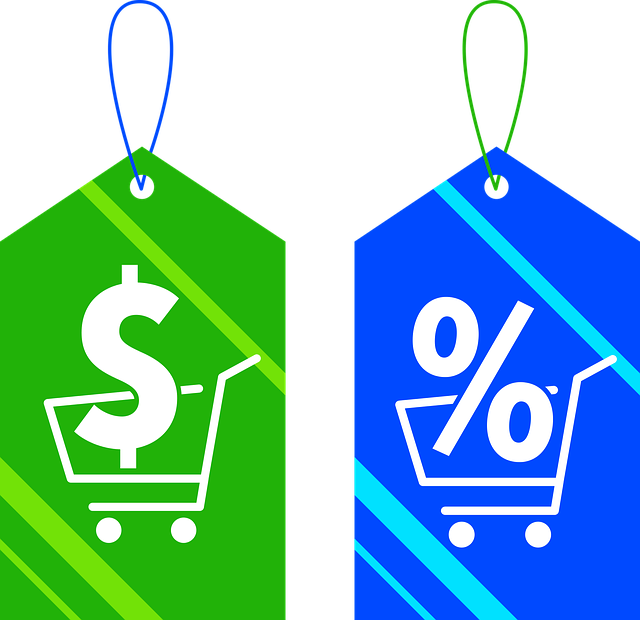Shopify chatbots powered by AI and NLP are transforming online retail experiences, offering 24/7 support, product guidance, and checkout assistance to reduce cart abandonment. Selecting the ideal best AI chatbot for ecommerce requires understanding your business's unique needs, with considerations including conversational skills, seamless Shopify integration, scalability, and robust analytics. Implementing such a chatbot boosts engagement and sales; regular training and updates ensure effective responses as your store grows. Measuring success through metrics like conversation volume, response time, and customer satisfaction rates is crucial, with the ultimate goal being enhanced customer experience, increased sales, reduced cart abandonment, and improved conversion rates.
Shopify chatbots are transforming the way online retailers interact with their customers. By integrating AI-powered assistants, businesses can enhance customer service, boost sales, and drive engagement. This comprehensive guide explores the benefits of Shopify chatbots, walks you through choosing the best AI chatbot for your store, details implementation steps, and provides strategies to measure success. Discover how these virtual assistants can revolutionize your ecommerce experience.
- Understanding Shopify Chatbots: Benefits for Ecommerce
- Choosing the Best AI Chatbot for Your Shopify Store
- Implementation and Training: Getting Your Shopify Chatbot Up and Running
- Measuring Success: Tracking Performance and ROI of Your Ecommerce Chatbot
Understanding Shopify Chatbots: Benefits for Ecommerce

Shopify chatbots are transforming the way online businesses interact with their customers, offering a range of benefits that can significantly enhance the ecommerce experience. These AI-powered tools leverage natural language processing (NLP) and machine learning algorithms to engage shoppers in real-time conversations, providing instant support and personalized recommendations. By integrating a best AI chatbot for ecommerce, Shopify store owners can expect improved customer satisfaction, increased sales conversions, and streamlined operations.
One of the key advantages is their ability to handle customer inquiries 24/7, ensuring that shoppers receive immediate assistance regardless of time zones or peak shopping periods. They can answer frequently asked questions, guide users through product catalogs, and even assist with checkout processes, reducing wait times and potential shopping cart abandonment. Furthermore, these chatbots can collect valuable customer data, enabling businesses to gain deeper insights into consumer behavior and preferences, which can be used to refine marketing strategies and personalize future interactions.
Choosing the Best AI Chatbot for Your Shopify Store

When selecting the optimal AI chatbot for your Shopify store, understanding your unique business needs is paramount. The best ai chatbot for ecommerce isn’t one-size-fits-all; it should be tailored to your target audience, product offerings, and customer service goals. Consider factors like conversational capabilities, integration with your existing Shopify setup, and scalability to accommodate future growth.
Look for a chatbot that seamlessly integrates with your store’s functionality, offering features such as personalized recommendations, multi-language support, and real-time inventory updates. A robust best ai chatbot for ecommerce should also provide analytics and insights into customer interactions, enabling you to refine strategies for improved sales and enhanced customer satisfaction.
Implementation and Training: Getting Your Shopify Chatbot Up and Running

Implementing a Shopify chatbot is an exciting step for any e-commerce business owner looking to enhance customer engagement and sales. The process begins with choosing the best AI chatbot for your specific needs. With numerous options available, selecting one that aligns with your store’s goals is key. Consider factors like integration capabilities, natural language processing, and personalization features to find a chatbot that can deliver an exceptional shopping experience.
Once you’ve made your selection, training becomes the next critical phase. Teaching your chatbot to understand and respond accurately to customer queries requires a strategic approach. Start by compiling relevant conversational data, including common questions and product-related inquiries. This dataset will help train the AI, ensuring it provides valuable insights and suggestions to shoppers. Regular updates and fine-tuning are essential to keep your chatbot’s responses relevant and effective as your store evolves.
Measuring Success: Tracking Performance and ROI of Your Ecommerce Chatbot

Measuring the success of your Shopify chatbot is crucial to understanding its impact on your online store’s performance. Tracking key metrics such as conversation volume, response time, and customer satisfaction rates can provide valuable insights into the bot’s effectiveness. By analyzing these data points, you can identify areas for improvement and make informed decisions about future optimizations.
One of the most important metrics is Return on Investment (ROI), which measures the revenue generated relative to the cost of maintaining the chatbot. A well-performing best AI chatbot for ecommerce should not only enhance customer experience but also drive sales, reduce cart abandonment rates, and improve overall conversion numbers. Regularly monitoring these performance indicators will help you justify the implementation of chatbots and ensure they remain a valuable addition to your Shopify store’s strategy.
Shopify chatbots are a powerful tool for enhancing customer engagement and driving sales in the competitive e-commerce landscape. By choosing the right AI chatbot, implementing it effectively, and tracking its performance, business owners can harness the potential of this technology to provide exceptional customer service and boost their return on investment. The best AI chatbot for ecommerce is one that adapts to your brand’s unique needs and continuously learns from customer interactions, creating a seamless and personalized shopping experience.
